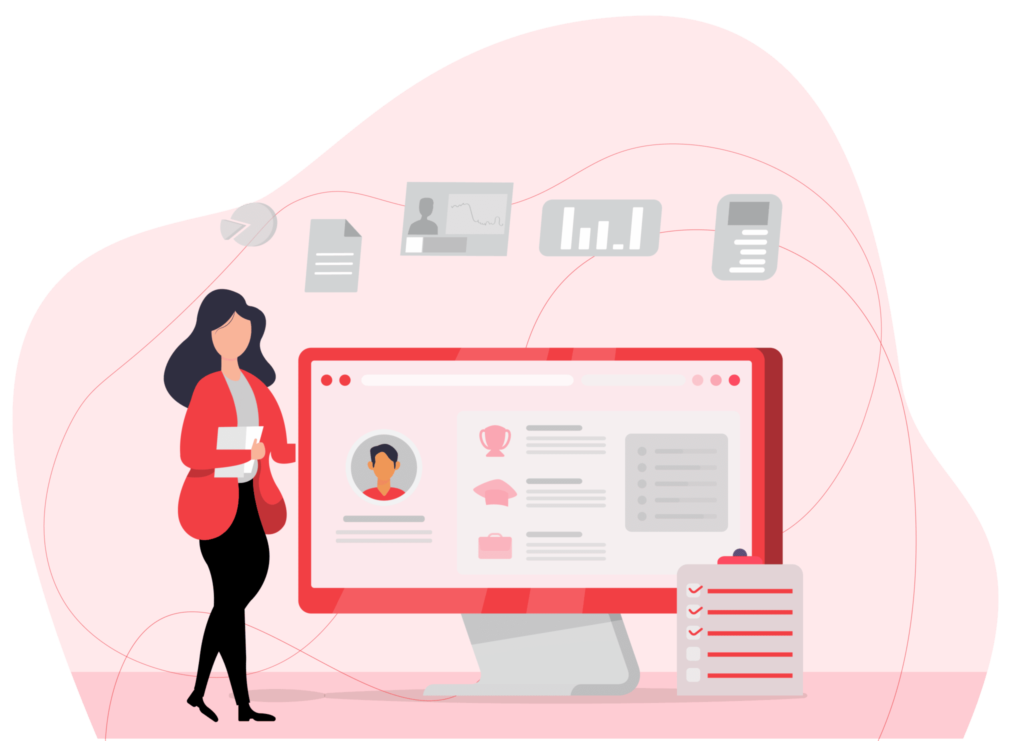Overview of Machine Learning Engineer Test
This assessment evaluates a candidate's skills in designing and implementing machine learning models.
Skills measured
- Data Pre-processing
- Machine Learning Algorithms
- Programming Skills
- Model Evaluation and Validation
- Probability and Statistics
- Data Visualization



